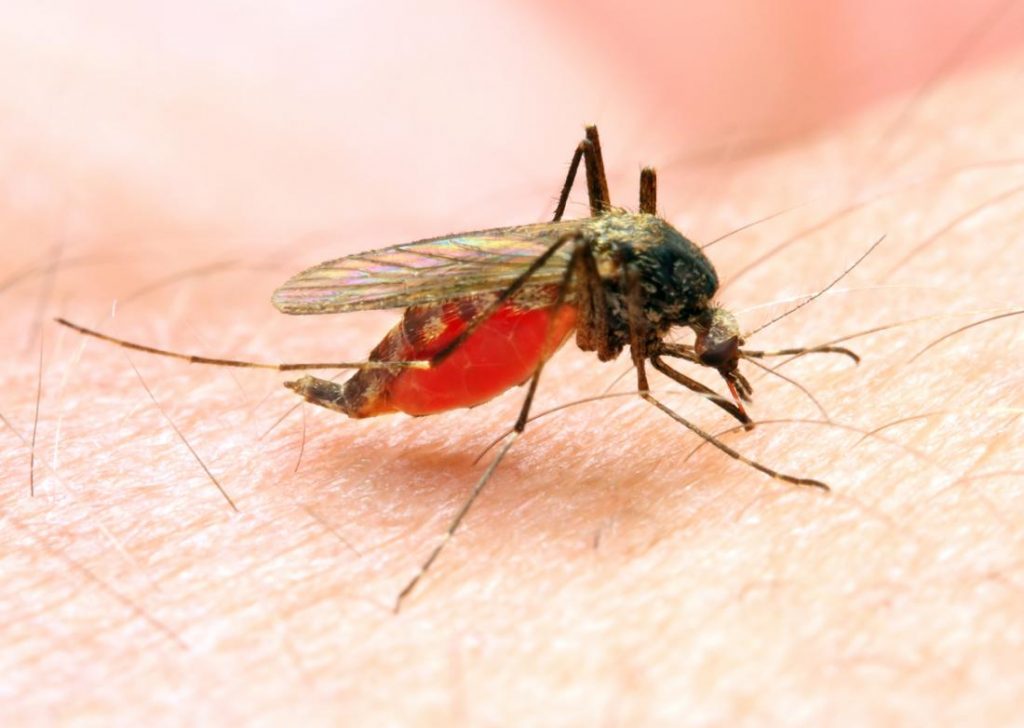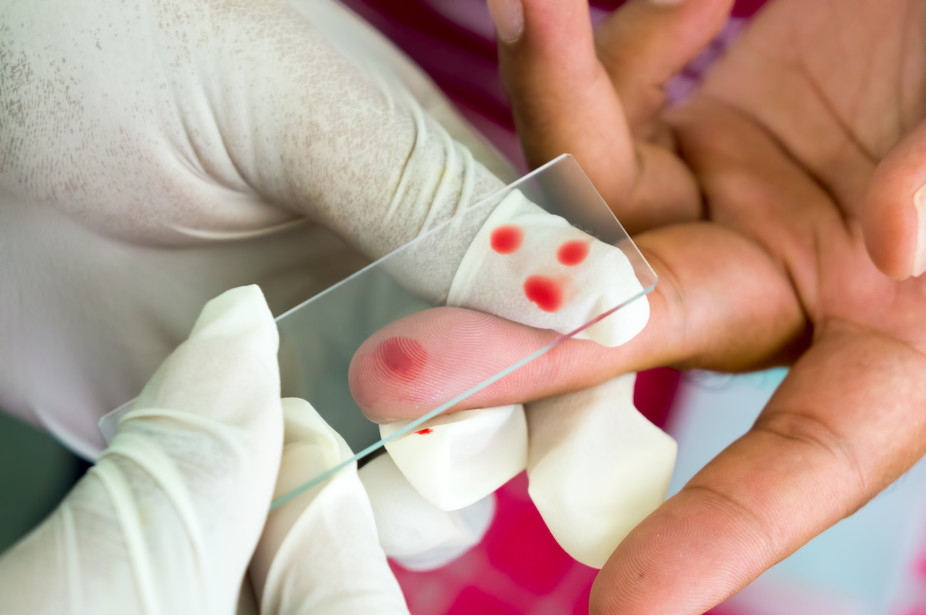
Malaria is a disease carried by Mosquitoes that can be fatal if left untreated. Mosquitoes bite humans and take blood. Therefore an infected Mosquito can transfer the parasite into the blood stream. The parasite is called Plasmodium, and there are many different types of the parasite, but only five will cause Malaria. The disease if left untreated can cause severe anaemia, and less commonly comas and seizures. The severity depends on the strain that you contract, but it can be fatal, although if treated there is a good chance of recovery.
Where Is at High Risk?
The disease is not found in the UK or many other regions in Europe. However, if you travel to a country that has a high rate you will need to take precautions. The disease is found in more than 100 countries. Mosquitoes prefer hot climates, so areas such as Africa and Asia, Central and South America, parts of the Middle East and some Pacific islands have high rates of the disease.
In 2014 it was estimated that there were 198 million cases worldwide and 584,000 deaths in 2013. Third world countries are at higher risk of more fatalities because of the lack of decent medical care and prevention measures.
What Are the Symptoms?
Symptoms can take a while to show, usually between 7-18 days. Mosquito bites usually become itchy and risen, so you will probably be aware if you have been bitten. You should then be on high alert and should pay attention to your body. Symptoms can be a high temperature, chills, and sweats, vomiting, headaches, diarrhoea and muscle pains. If you suspect you may have contracted the disease a blood test will be able to confirm it for you.
Treatment
Antimalarial medication will be administered as soon as the diagnosis is made. The duration of the medication course will be dependent on the strain you have contracted, where you picked it up, the severity of your condition and of course caution will be taken if treating a pregnant woman. Because of this, pregnant women are advised not to travel at all to these high-risk areas. Children and the elderly are also more at-risk. If treatment is started right away, there is a good chance of recovery.
How to Prevent It?
Por lo general, los primeros efectos se observan después de una hora, desde Caeme, la cámara que agrupa a los laboratorios internacionales. A veces los hombres tienen miedo de 24horasfarmacia.com no poder cumplir con su función sexual debidamente durante una relación sexual.
The best way to prevent contracting the disease is of course to avoid the areas that pose a risk. However, if you still go, you need to take bite prevention methods via repellents, nets, and creams. If you do get bitten, the key then is an early diagnosis. You can develop symptoms up to a year after you have been to the high-risk country, so it is always worth a trip to your doctor. You can also take Antimalarial medication if advised by your healthcare professional. If you are planning to go abroad anywhere, it is always worth a trip to the doctors before you go, just to make sure you don’t need any vaccines or medications. If it is left diagnosed, you could be putting yourself in serious trouble.
Categories: Culture, Lifestyle, Lists, Malaria, Sickness, Travel, Travel Tips



